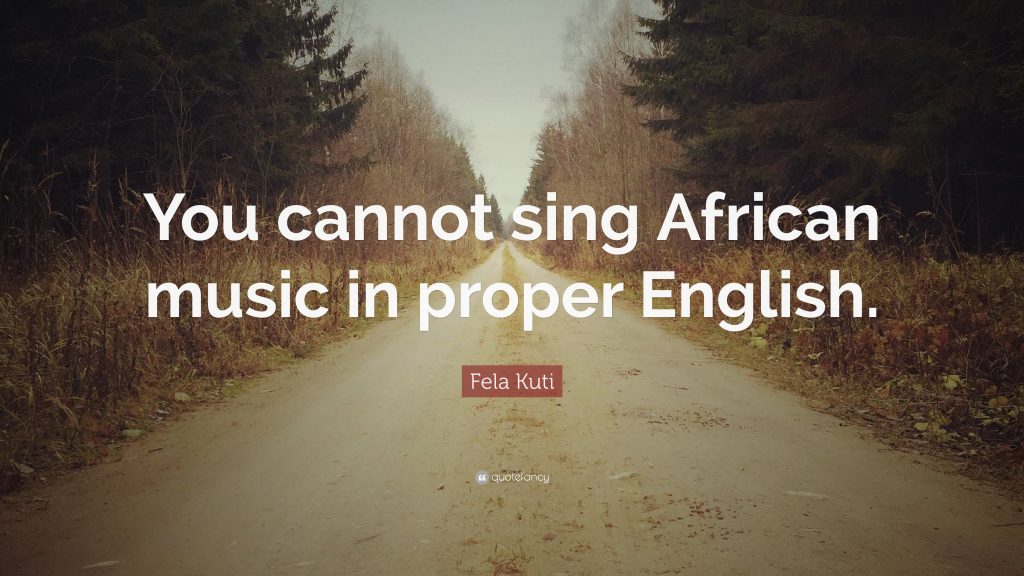Fela Kuti (born Olufela Olusegun Oludotun Ransome-Kuti; 15 October 1938 – 2 August 1997) was a Nigerian multi-instrumentalist, musician, composer, pioneer of the Afrobeat music genre, human rights activist, and political maverick. He is often referred to as the “King of Afrobeat”. His compositions combined elements of jazz, funk, Ghanaian/Nigerian highlife, psychedelic rock, and traditional West African chants and rhythms. During a career that spanned four decades, he played a significant role in the development of the Afrobeat genre and the progress of African music and culture.
| Name | Fela Kuti |
| Genre | Afrobeat |
| Date of Birth | October 15, 1938 |
| Instruments | Saxophone, Keyboard and Vocals |
| Labels | Decca, Kalakuta, EMI, Barclay, Island and others |
| Notable Songs | “Zombie”, “Lady”, “Water No Get Enemy”, “Shakara” and “Sorrow, Tears and Blood” |
10 Best Fela Kuti Quotes
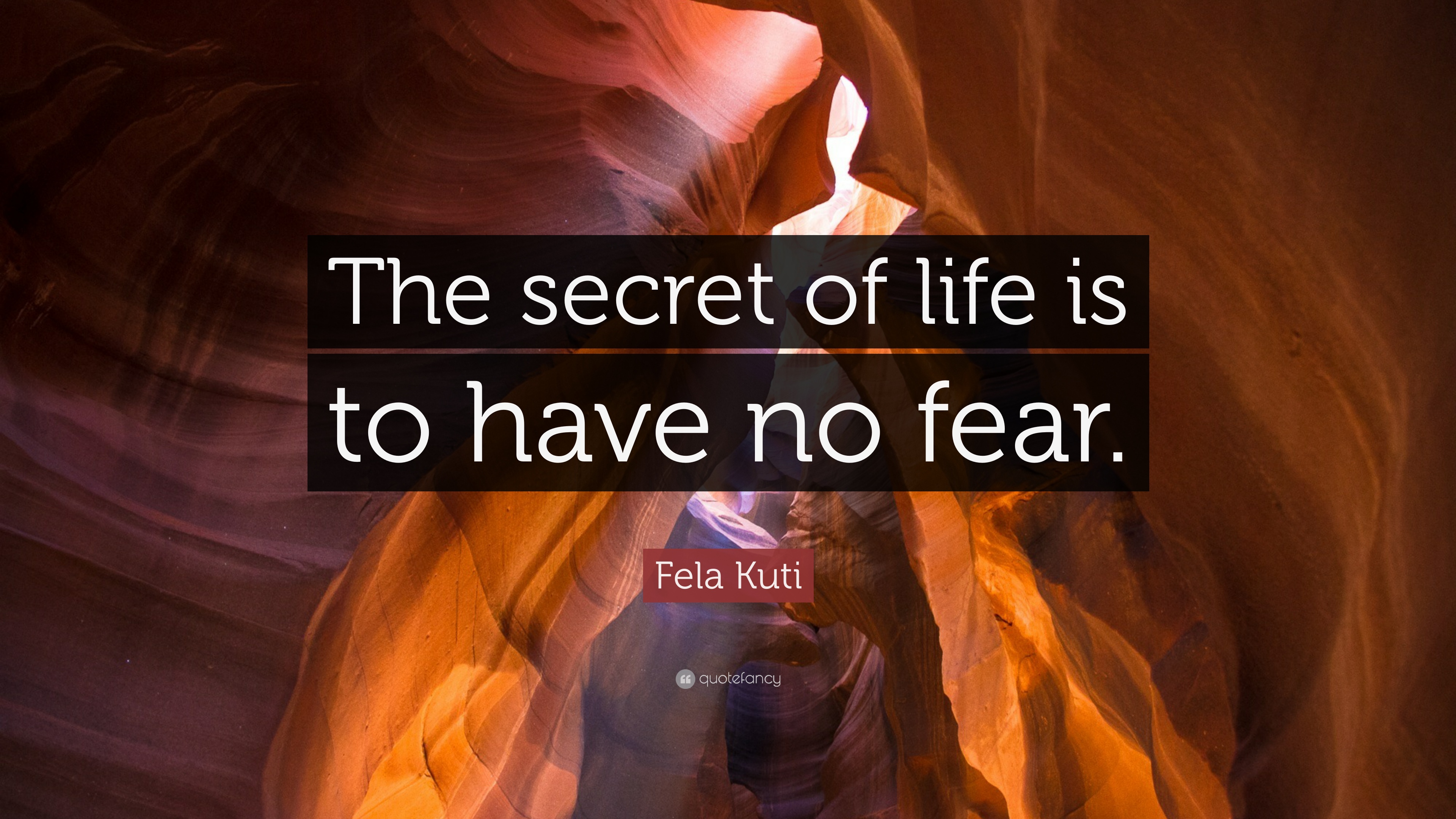
“Music is the weapon of the future”
– Fela Kuti, from The Guardian
“The trouble is, you think you have time”
– Fela Kuti, from The Guardian
“I was never scared of anything, I was prepared to die”
– Fela Kuti, from The Guardian
“The artist is not only the creator of his work, he is also the first person to benefit from it”
– Fela Kuti, from NPR
“The music is the chief, I am only the servant”
– Fela Kuti, from The Guardian
“The more the people are organized, the better”
– Fela Kuti, from The Guardian
“Do not be scared of the power of the people”
– Fela Kuti, from The Guardian
“I don’t believe in death, specially not for myself”
– Fela Kuti, from The Guardian
“I am the sun, I am the source of light”
– Fela Kuti, from The Guardian
“I was not a politician, I was a revolutionary musician”
– Fela Kuti, from The Guardian
8 Inspirational Fela Kuti Quotes
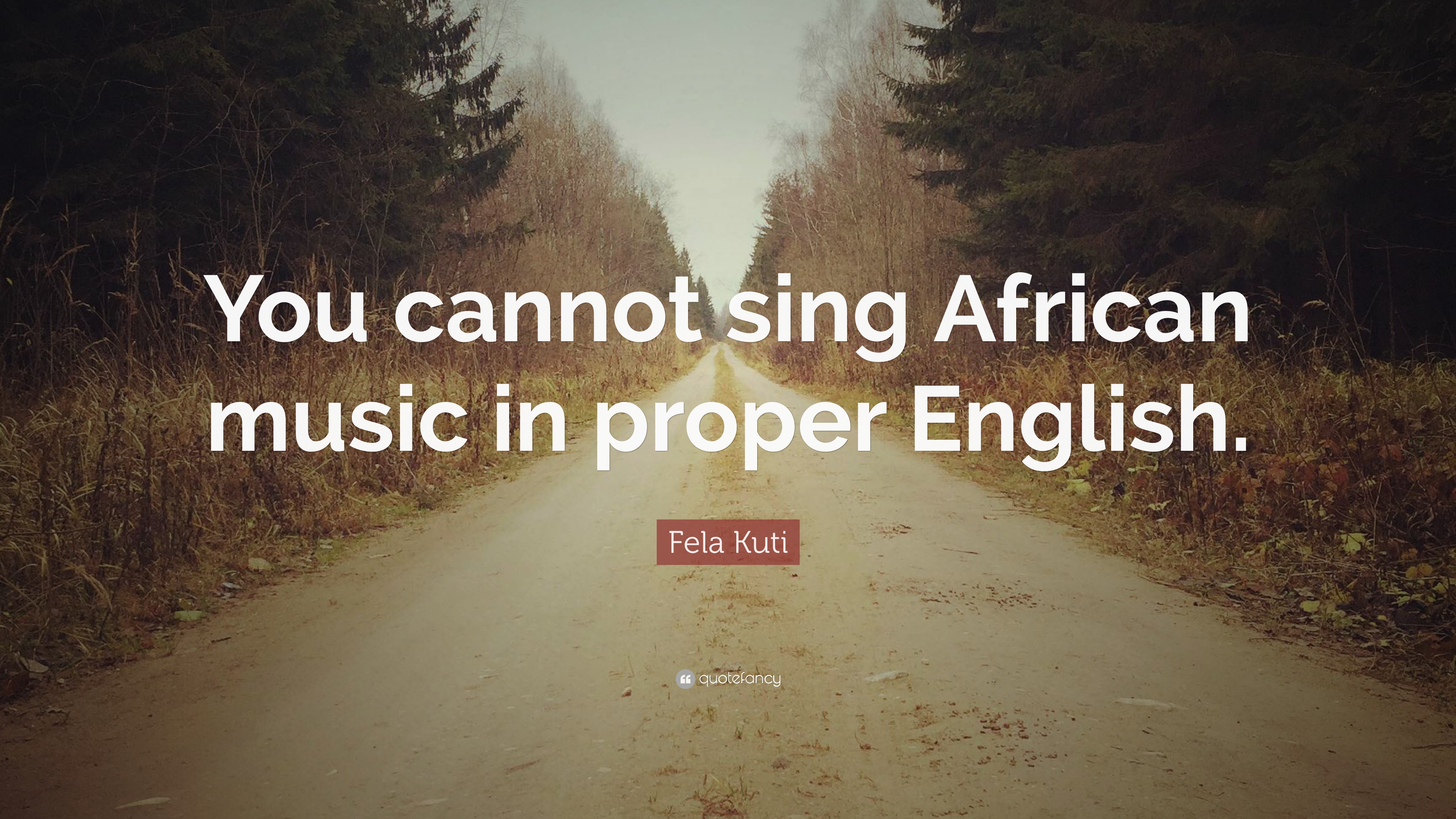
“Music is the weapon of the future”
– Fela Kuti, from Rolling Stone
“It’s not just a song, but a movement”
– Fela Kuti, from The Guardian
“Music is the weapon of the oppressed”
– Fela Kuti, from The Guardian
“Music is not just entertainment, it’s a weapon”
– Fela Kuti, from Pitchfork
“Music can go beyond entertainment, it can be a tool for understanding”
– Fela Kuti, from The Guardian
“Music is a weapon of the future”
– Fela Kuti, from NPR
“Music is a powerful weapon”
– Fela Kuti, from African Hip Hop
“Music is a weapon of the future, and it’s the most powerful weapon”
– Fela Kuti, from Pitchfork
7 Famous Fela Kuti Quotes
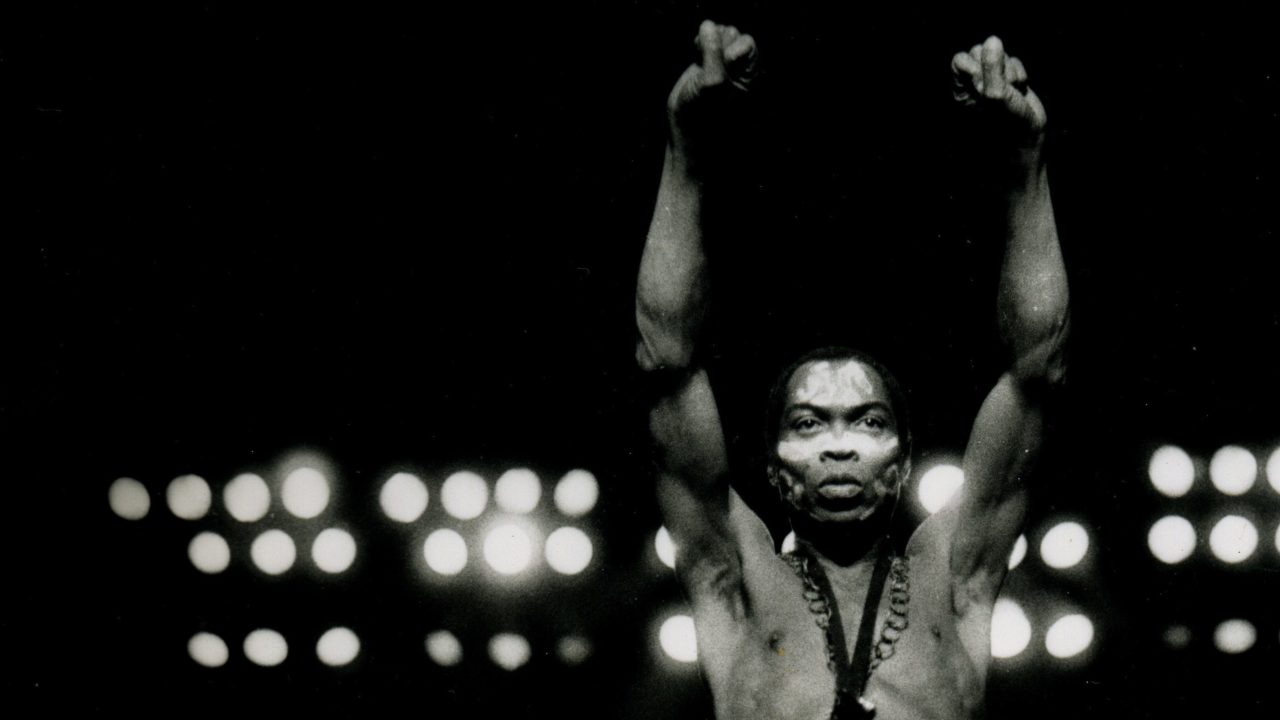
“Music is the weapon of the future”
– Fela Kuti, from The Guardian
“Democracy is the best thing, but I don’t think Africa is ready for it”
– Fela Kuti, from The Guardian
“People in power are very dangerous people, because they have the power to do what they like, and they do it”
– Fela Kuti, from NPR
“When you keep quiet, you are scared, when you speak out, you are courageous”
– Fela Kuti, from The Guardian
“You don’t need a weapon to kill somebody, you can use your mouth, your voice”
– Fela Kuti, from NPR
“The more you struggle, the more you progress”
– Fela Kuti, from Pitchfork
“The music must be used to wake up the people”
– Fela Kuti, from Pitchfork
7 Fela Kuti Quotes About Love
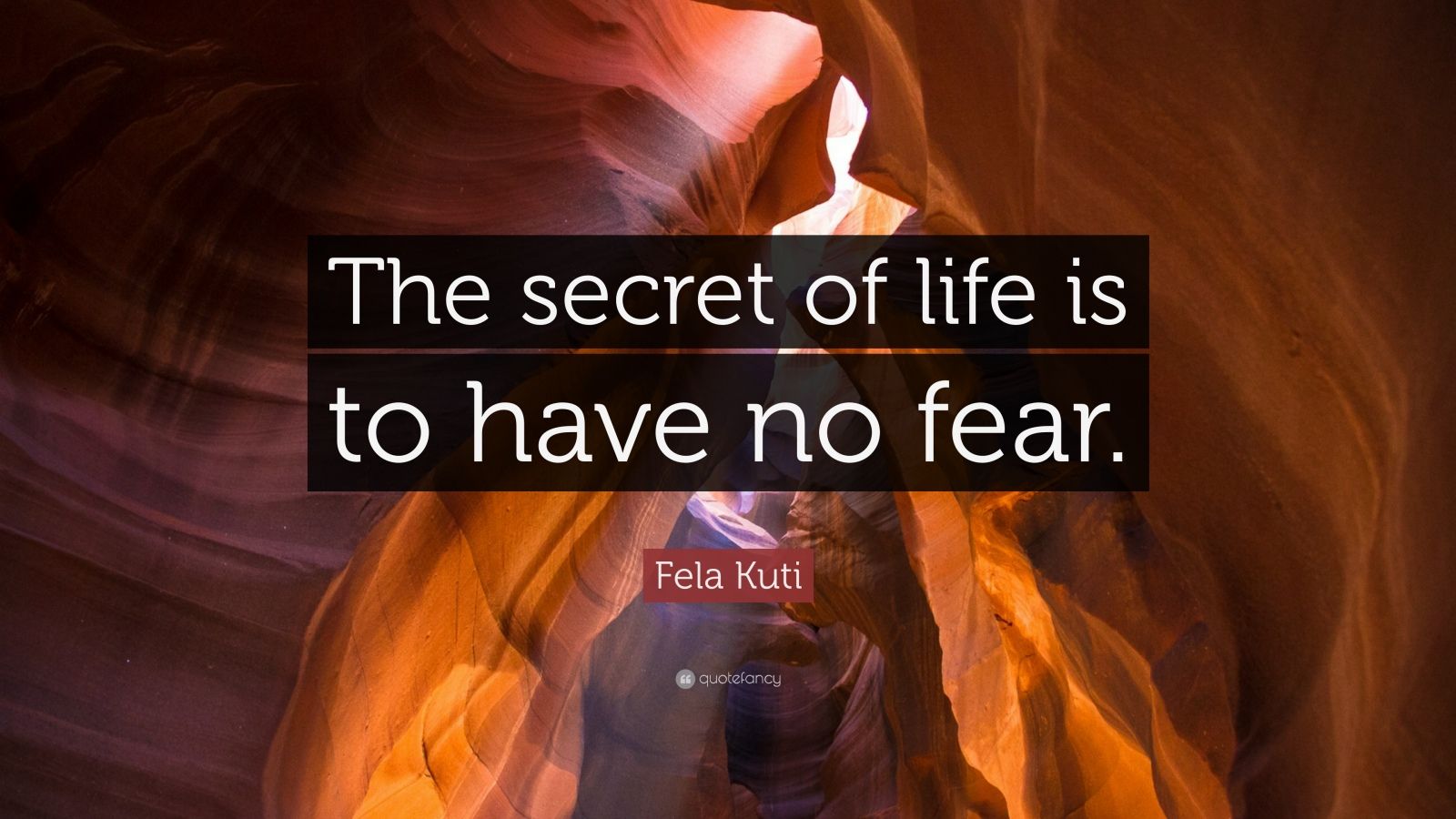
“Love is the only thing that can make us happy.”
– Fela Kuti, from The Guardian
“Love is a great emotion. Love is everything that makes us happy.”
– Fela Kuti, from The Guardian
“I’m in love with life. I’m in love with the people. I’m in love with the earth. I’m in love with music. That’s what makes me happy.”
– Fela Kuti, from NPR
“Love and respect everybody.”
– Fela Kuti, from The Guardian
“Love and respect the people, love and respect the environment, love and respect the nature, love and respect the culture.”
– Fela Kuti, from NPR
“I’ll tell you one thing that I know from the music. Music is love. Music is the only thing in the world that can make us happy.”
– Fela Kuti, from The Guardian
“Love is the only thing that can save us.”
– Fela Kuti, from NPR
7 Fela Kuti Quotes About Life
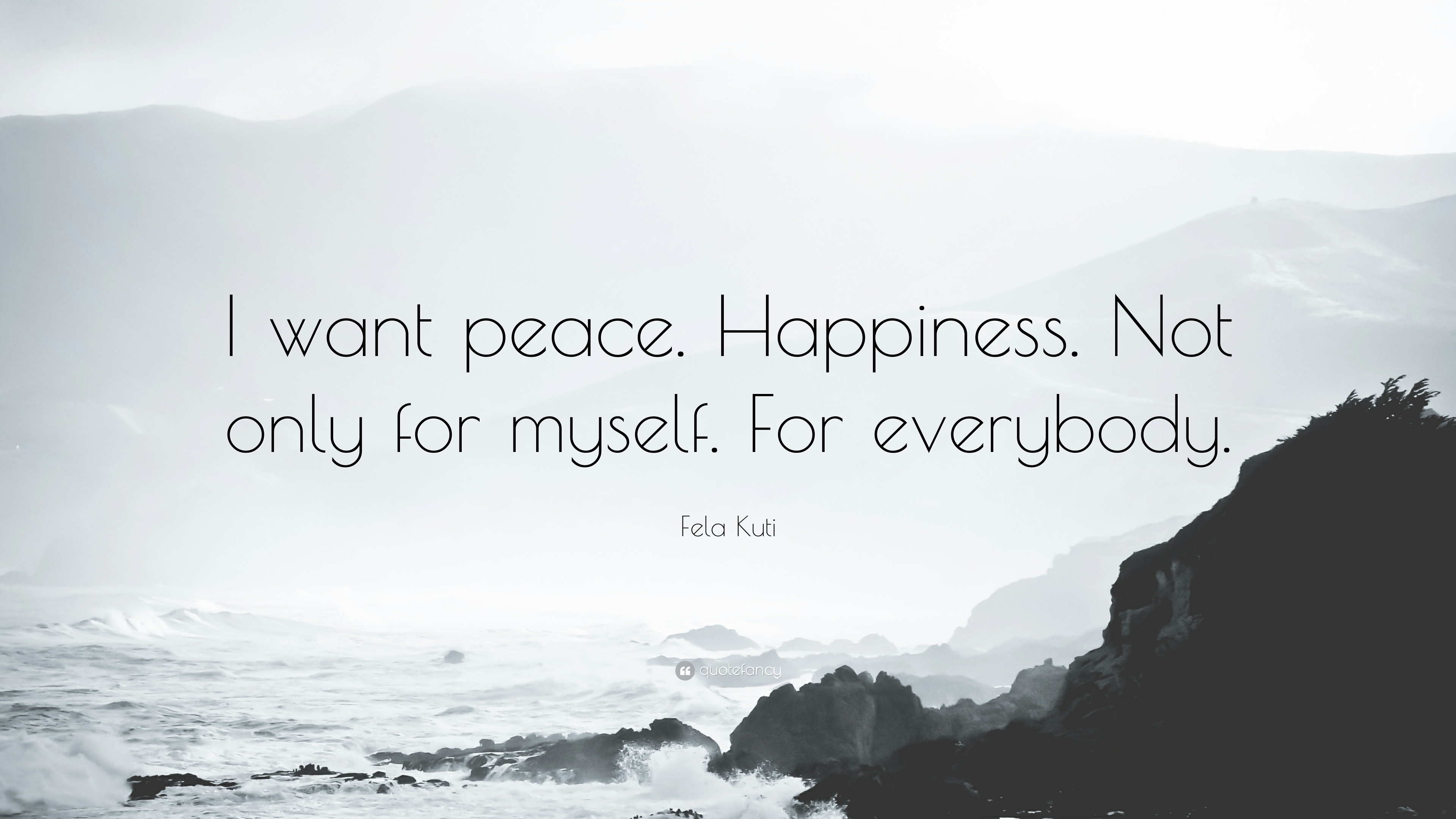
“Life is a beautiful thing. We should use it to help one another.”
– Fela Kuti, from The Guardian
“Life is a mystery. Nobody can predict what’s gonna happen tomorrow.”
– Fela Kuti, from The Guardian
“Life is a full circle, widening until it joins the circle motions of the infinite.”
– Fela Kuti, from The Guardian
“Life is a continuous process. You can never be sure of what to expect next.”
– Fela Kuti, from The Guardian
“Life is a cycle of existence, and there is no escape from it.”
– Fela Kuti, from The Guardian
“Life is a cycle. You can never fully understand it.”
– Fela Kuti, from The Guardian
“Life is about making choices and taking risks.”
– Fela Kuti, from NPR
7 Quotes About Fela Kuti
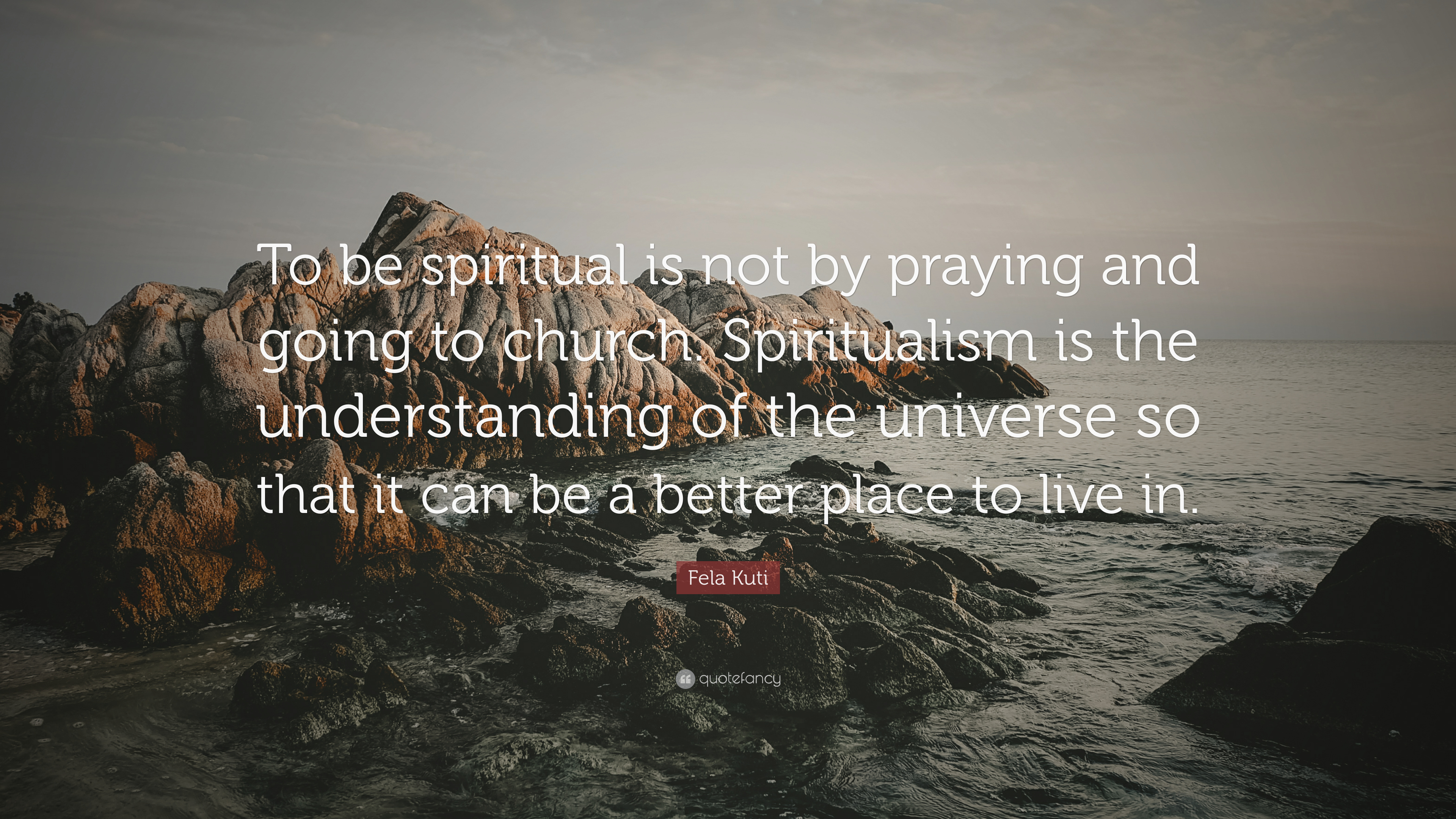
1.
“Fela Kuti was the Bob Marley of Africa”
– Michael Eavis, from The Guardian
2.
“Fela Kuti was at the forefront of the struggle for liberation and self-determination in Africa”
– Femi Kuti, from Red Bull
3.
“Fela Kuti was a revolutionary, a creator of new styles of music, and a political and social activist”
– Olusegun Obasanjo, from The New Yorker
4.
“Fela Kuti was a visionary who used his music to fight for freedom and justice”
– Youssou N’Dour, from BBC News
5.
“Fela Kuti was a prophet of modern African music”
– Carlos Moore, from The Guardian
6.
“Fela Kuti was a powerful voice of freedom and justice”
– Femi Anikulapo-Kuti, from NPR
7.
“Fela Kuti was a beacon of African music and culture”
– Seun Kuti, from The Guardian
Interview with Fela Kuti
Frequently Asked Questions About Fela Kuti
1. What is the most memorable Fela Kuti quote?
Fela Kuti was a Nigerian multi-instrumentalist, musician, and political activist whose musical career spanned nearly four decades. His musical style combined afrobeat, jazz, funk, and traditional Nigerian music. Fela Kuti was also a prominent human rights activist and his music often reflected his political views. Through his music and lyrics, Fela Kuti was able to spread his message to millions of people and inspire countless others to fight for social justice.
Fela Kuti’s messages of resistance, empowerment, and social justice have been a source of inspiration to many. His words are often quoted and his distinct style of speaking and writing has left an indelible mark on the world. Below are some of the most memorable Fela Kuti quotes:
- “Music is the weapon of the future.”
- “Freedom of expression is the beginning of liberation.”
- “The power of music is in the hands of the people.”
- “The most powerful weapon of the oppressor is the mind of the oppressed.”
- “If you don’t stand for something, you will fall for anything.”
- “The truth is the only weapon that can bring about lasting change.”
The most memorable Fela Kuti quote is perhaps his most famous: “Music is the weapon of the future.” This quote encapsulates Fela Kuti’s belief that music can be used as a powerful tool to bring about social change and to spread messages of resistance and empowerment. Music, according to Kuti, can be used to spread messages of truth and inspire people to stand up for their rights and fight for justice.
2. How did Fela Kuti influence African music?
Fela Kuti is considered one of the most influential African musicians of all time. His innovative approach to music combined traditional African rhythms with jazz and funk, creating a unique sound that has been emulated by many African musicians since.
- Fela was one of the first to combine African rhythms with jazz and funk, creating a high-energy, danceable sound that was unlike anything that had been heard before.
- He was a pioneer in the afrobeat genre, a combination of highlife, jazz, funk and traditional West African rhythms that was popularized by Fela.
- He was a political activist, using his music to criticize the government and advocate for the rights of the people.
- His music was highly influenced by traditional African music, particularly the Yoruba people, and he incorporated traditional musical instruments into his recordings.
- Fela was an advocate for pan-Africanism, and his music was a way to bring people of different backgrounds and cultures together.
- Fela’s influence can be seen in many African artists today, as his music has been sampled and sampled over again in various genres.
Fela Kuti’s legacy is undeniable, and his influence on African music is still felt today. His innovative approach to music created a new sound that has been emulated and sampled by many African musicians over the years, and his activism and advocacy for the rights of the people continues to inspire.
3. What was Fela Kuti’s stance on political issues?
Fela Kuti was known for his outspoken criticism of the Nigerian government and its corrupt leaders. He used his music to advocate for social justice and to speak out against injustice, oppression, and inequality. He was a passionate and tireless advocate for self-determination and the rights of the people, often calling on the Nigerian government to provide basic services to its citizens. His staunch and vocal support of the African liberation movement gained him a legion of devoted fans.
Fela Kuti’s political stances include:
- Opposing military coups and dictatorships in Nigeria
- Opposing the Nigerian Civil War and its consequences
- Campaigning for increased social and economic rights for the people
- Advocating for greater environmental protection
- Fighting for freedom of speech and expression
- Resisting political repression and state-sponsored violence
Fela Kuti was an outspoken critic of government corruption and an inspirational revolutionary figure for Africans everywhere. He believed that true freedom and justice could only be achieved through collective action and grassroots organizing. He was an enduring symbol of the fight for human rights and social justice.
4. How did Fela Kuti’s lyrics challenge the status quo?
Fela Kuti was a renowned Nigerian musician, composer and political activist. He used his music as a powerful platform to challenge the status quo and advocate for social justice. His lyrics often touched on themes of racial inequality, human rights, social injustice and political oppression.
- Fela Kuti’s music was a fierce critique of the political, social and economic inequalities that existed in Nigeria. He highlighted the hypocrisy of the government and the injustice of a system that favoured the rich and powerful.
- He spoke out against police brutality and the corruption in the government. His lyrics were filled with biting satire and criticism of the government and its leaders.
- Fela Kuti’s music was infused with African rhythms and was often laced with political and social commentary. He used his music to bring awareness to the plight of the oppressed and to draw attention to the underlying issues of poverty and inequality.
- Fela Kuti’s lyrics challenged the status quo and encouraged his listeners to challenge the system and stand up for what was right. He used his music to empower and inspire those who felt powerless and to demand social change.
5. How did Fela Kuti’s Music Reflect His Activism?
Fela Kuti’s music was deeply rooted in his activism and he used it to spread his political messages. Through his music, Fela Kuti was able to communicate his criticism of the Nigerian government, military and police forces, as well as the larger socio-economic issues in Nigeria. Here are some ways Fela Kuti’s music reflected his activism:
- Fela Kuti wrote songs that criticized the Nigerian government and its policies, such as its military dictatorship, its economic mismanagement, and its corruption.
- Fela Kuti used his music to speak out against the oppression of the poor and the marginalization of minority groups in Nigeria.
- Fela Kuti’s music was used to celebrate African culture and to promote Pan-Africanism.
- Fela Kuti wrote songs to inspire social and political change, encouraging Nigerians to take action against injustice.
- Fela Kuti’s music was heavily influenced by jazz, funk, and other genres of African music, giving each song a unique sound and allowing him to express his political messages in a creative way.
Fela Kuti’s music was an important part of his activism, and it has inspired many across the world to stand up for their rights and fight for social justice.
Conclusion
Fela Kuti was a revolutionary artist who had a major influence on the music industry. His unique blend of African and Western influences captivated audiences around the world and made him a household name. He was a political activist and used his music to fight for the rights of the people of Nigeria. He was also a great humanitarian, dedicating himself to the wellbeing of his people. Fela Kuti’s music and activism have had a lasting impact on the world and will continue to inspire generations to come.

